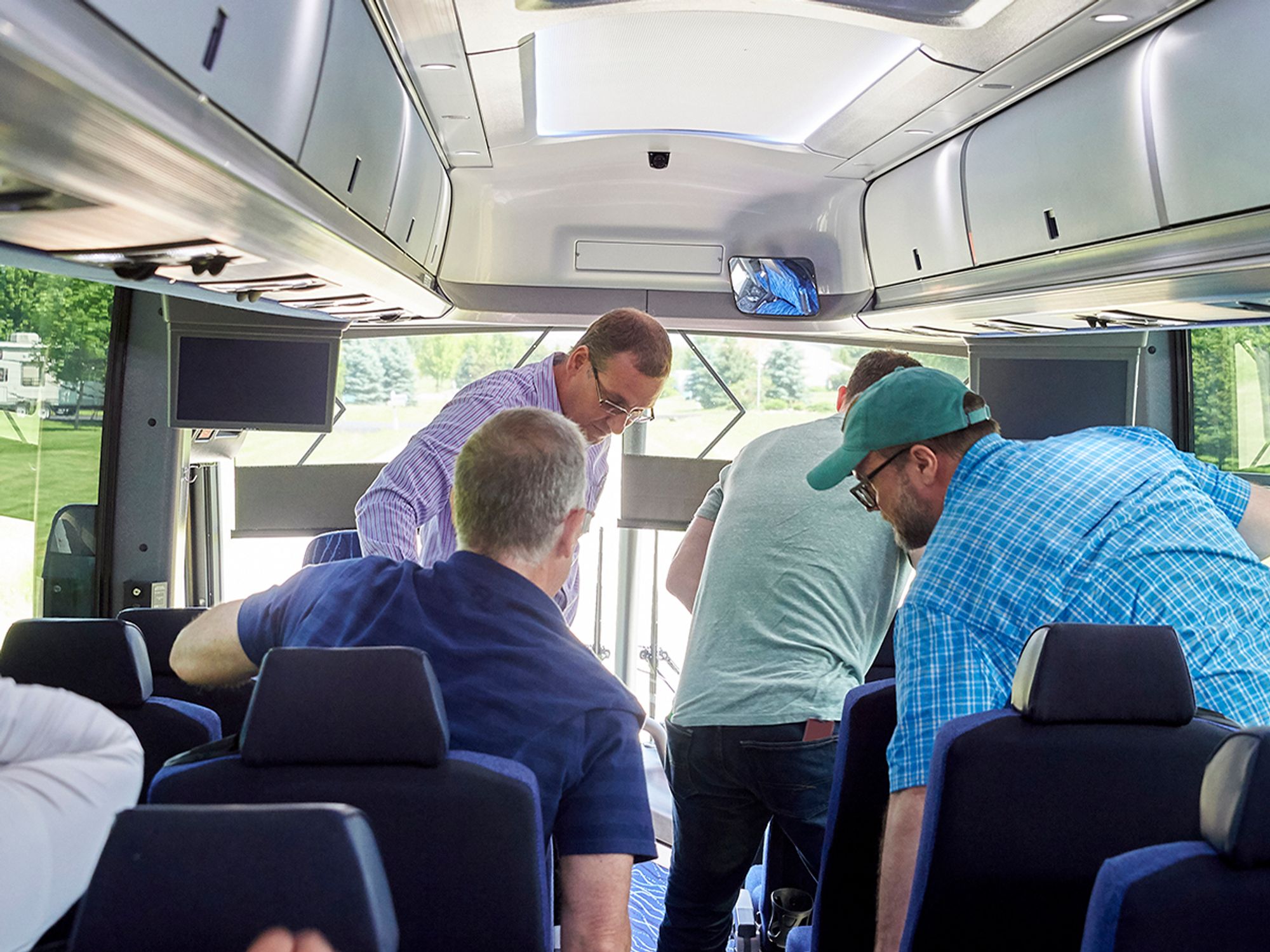Required financial responsibility

- For-hire carriers transporting passengers must provide financial responsibility, including PLPD and BIPD coverage.
- Form MCS-90B supplies evidence that a passenger-transporting carrier has the minimum insurance coverage required by the FMCSA.
For-hire passenger carriers are required to maintain financial responsibility ranging from $1,500,000 to $5,000,000 depending on the number of passengers, including the driver, that is carried.
The federal government has mandated that certain carriers must have insurance in place to protect the public before they are granted the authority to operate. This coverage, commonly known as "public liability and property damage” (PL PD) insurance or “bodily injury and property damage” (BIPD) insurance, must be active, or the carrier risks suspension or revocation of operating authority as well as fines or other enforcement action.
All for-hire passenger carriers required to have and maintain PLPD insurance under Part 387 must retain proof of public liability and property damage at their principal place of business.
The Form MCS-90B is an endorsement issued to a motor carrier of passengers by an insurance company to show proof that the carrier has in effect the minimum levels of financial responsibility required by the Federal Motor Carrier Safety Administration (FMCSA). The MCS-90B is not an actual insurance policy, serving only as proof the carrier is in compliance with the FMCSA’s requirements that carriers maintain coverage for protection of the public for injury or property damage resulting from operation of the vehicle.
The FMCSA determines the form and content of the MCS-90B endorsement and provides a sample in 387.39. However, the insurance company issues the MCS-90B directly to the carrier. This carrier must keep it at its principal place of business as required by 387.31.
In addition, the insurance provider must provide separate documentation to the FMCSA that the coverages are in place and notify the agency if coverage lapses or is expected to lapse.
